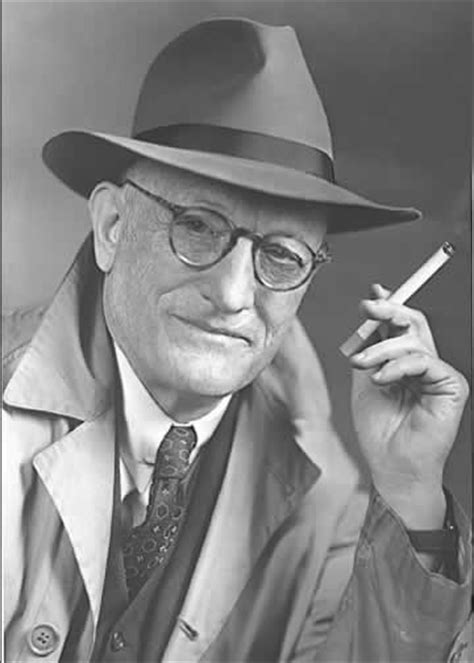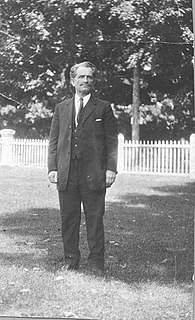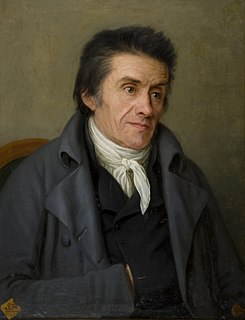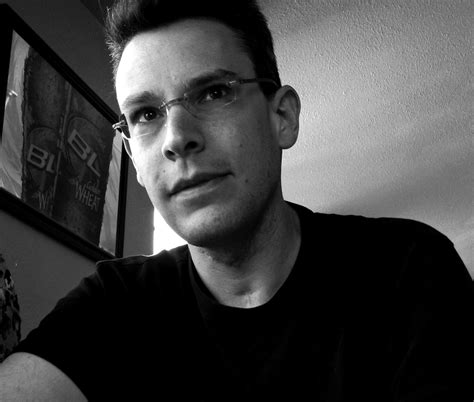A Quote by Jiddu Krishnamurti
Fear is the destructive energy in man. It withers the mind, it distorts thought, it leads to all kinds of extraordinarily clever and subtle theories, absurd superstitions, dogmas, and beliefs.
Related Quotes
Men fear thought as they fear nothing else on earth - more than ruin, more even than death. Thought is subversive and revolutionary, destructive and terrible, thought is merciless to privilege, established institutions, and comfortable habits; thought is anarchic and lawless, indifferent to authority, careless of the well-tried wisdom of the ages. Thought looks into the pit of hell and is not afraid ... Thought is great and swift and free, the light of the world, and the chief glory of man.
The subconscious mind makes no distinction between constructive and destructive thought impulses. It works with the material we feed it, through our thought impulses. The subconscious mind will translate into reality a thought driven by fear, just as readily as it will translate into reality a thought driven by courage or faith.
So plastic is mind, so receptive, that the slightest thought makes an impression upon it. People who think many kinds of thought must expect to receive a confused manifestation in their lives. If a gardener plants a thousand kinds of seeds, he will get a thousand kinds of plants: it is the same in mind.
A purely mental life may be destructive if it leads us to substitute thought for life and ideas for actions. The activity proper to man is purely mental because man is not just a disembodied mind. Our destiny is to live out what we think, because unless we live what we know, we do not even know it. It is only by making our knowledge part of ourselves, through action, that we enter into the reality that is signified by our concepts.
Superstitions, and especially the early cultivation of religion, with its "fear of the Lord" and of unknown mysterious agencies, are especially potent in the development of the instinct of fear. Even the early cultivation of morality and conscientiousness, with their fears of right and wrong, often causes psychoneurotic states in later life. Religious, social, and moral taboos and superstitions, associated with apprehension of threatening impending evil, based on the fear instinct, form the germs of psychopathic affections.
If one denies that, when the meaning is true, then the meant is what is so, one rejects propositional truth. If the rejection is universal, then it is the self-destructive proposition that there are no true propositions. If the rejection is limited to the dogmas, then it is just a roundabout way of saying that all the dogmas are false.
Thinking leads man to knowledge. He may see and hear, and read and learn, as much as he please; he will never know any of it, except that which he has thought over, that which by thinking he has made the property of his mind. Is it then saying too much if I say, that man by thinking only becomes truly man? Take away thought from man's life, and what remains?
Eventually the man comes to see that he has a mind, and that his mind is like a fist, wrapped tightly around a single thought. He cannot open the fist to look at the thought, for fear that it will fly away, but he knows that it is very important and that he must hang on to it, no matter what the cost.







































